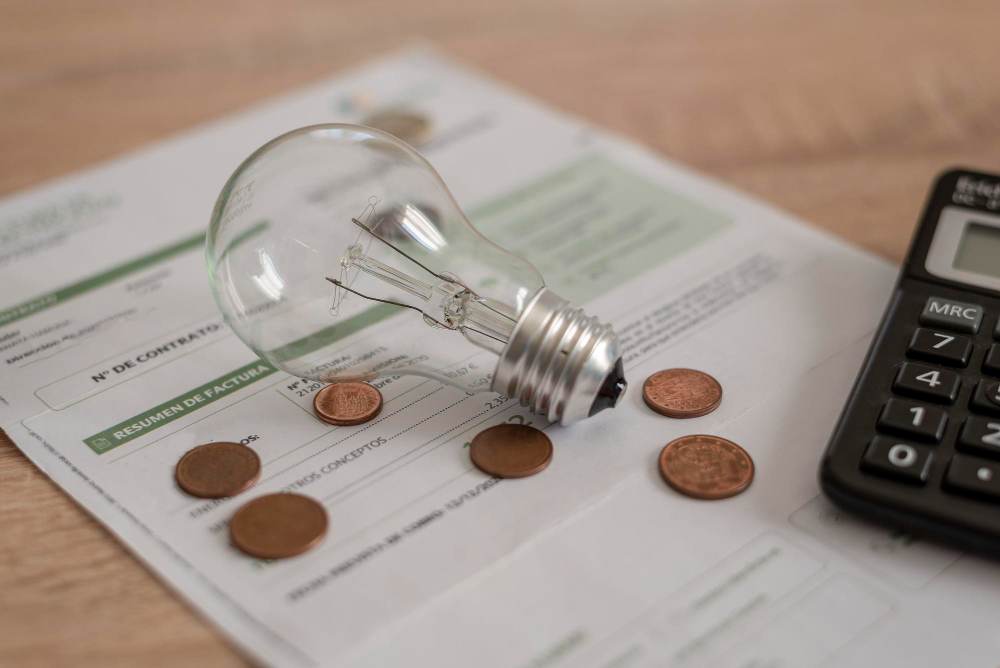
Claiming energy efficiency grants is a smart way to cut your energy bills and reduce your carbon footprint, but time is of the essence. These grants—provided by government or utility companies—can help fund upgrades like insulation, heat pumps, solar panels, and energy-efficient appliances. However, they’re typically limited in both scope and availability, with many programs operating on a first-come, first-served basis or within narrow application windows. To take full advantage of these savings and sustainability opportunities, it’s crucial to act quickly before the funds run out.
Research available grants
Start by looking into what grants are available in your area. This website provides information on the various grant schemes that are currently available. Pay attention to eligibility criteria and deadlines. For example, some grants focus on specific energy-saving improvements, like insulation or solar panels.
Prepare your application carefully
When you apply, make sure your application is complete and accurate. Gather all required documents beforehand. This often includes proof of property ownership, or a copy of your tenancy agreement if you are renting; and detailed plans for the energy-saving measures you intend to install. Mistakes can delay the process and risk missing out on funding.
Energy efficiency grants won’t last forever. The sooner you act, the better your chances. A well-prepared application opens the door to funding and a more sustainable home. Don’t wait to reduce energy costs. Reach out now and start saving.
Choosing the wrong energy efficiency grant can lead to wasted opportunities and costs. It’s essential to pick the right option for your needs. Below are some common pitfalls. Avoid these to make the most of the available funds.
- Confusing eligibility criteria
Misunderstanding who qualifies can lead to rejected applications. - Inadequate research on grant terms
Overlooking specific terms can result in unmet requirements and lost funding. - Delays in application submission
Missing deadlines means missing out on potential grants. - Relying on outdated information
Information about grants changes frequently, and using old data can lead to errors. - Overlooking local funding opportunities
Focusing only on national programs may cause you to miss local grants that suit your project better.
Choosing correctly means understanding these challenges and preparing accordingly.
Failing to select the right energy efficiency grant can cost you time and money. By avoiding these common mistakes, you can better position yourself for success. Trust reputable sources, like Energy Saving Grants, to ensure you make informed decisions and secure the funding you need.
Start your energy-saving journey today with expert guidance
Discover how Energy Saving Grants can help you secure energy efficiency grants to transform your property. We offer expert guidance through application processes and unlock savings with energy-saving improvements. Start your journey towards a more efficient, eco-friendly home or business today.
For personalised support and more information, contact us at 0330 223 0333 or email info@energysavinggrants.org. Our team is ready to help you navigate grants and achieve your energy-saving goals. Reach out to make your property more cost-effective and sustainable.
Stay informed and connected for energy-saving success
Thank you for taking the time to read our blog. We hope you found the information helpful in your quest for energy efficiency. We invite you to explore our other blog posts for more insights and tips on saving energy and reducing costs.
Stay connected with us for the latest updates and energy-saving tips by following our social media accounts. Join our community and take the next step towards a more sustainable future.
Common FAQs about energy efficiency grants
What types of improvements can energy efficiency grants cover?
Energy efficiency grants often cover improvements like insulation, boiler upgrades, and solar panel installations. These measures aim to reduce energy consumption and lower utility bills. Check specific grant details for eligible projects. Each grant may have unique offerings tailored to different needs.
Who is eligible to apply for energy efficiency grants?
Eligibility for energy efficiency grants can vary widely. Homeowners, landlords, tenants, and businesses may all be eligible depending on the specific grant. Typically, grants will have criteria based on income, property type, or existing energy efficiency measures. Reviewing individual grant requirements is crucial.
How long does the grant application process take?
The grant application process can differ in length based on the grant type and administrative procedures. Some applications may take a few weeks, while others could take several months to complete. Prompt submission and accurate documentation can help speed up the process. It’s important to keep track of deadlines to avoid missing out on opportunities.

